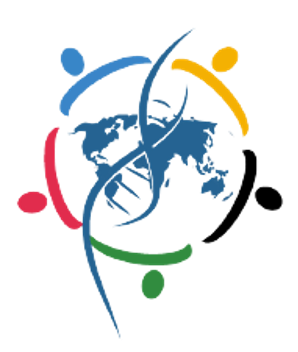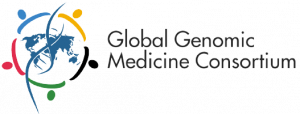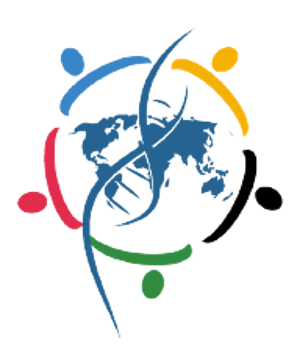FHH Flagship Project Members To Collaborate on Study To Assess Genetic Services at Dhulikhel Hospital, Nepal
This study is a collaboration between Pratiksha Gyawali, MD, Kathmandu University School of Medical Sciences, and Shane Quinonez, MD, University of Michigan, both members of the G2MC Family Health History (FHH) Flagship Project.
Current Practice and Perspective for enhancing genetic services: An exploratory mixed-method study at Dhulikhel Hospital
Genetic conditions have significant implications for individuals, families, and communities, highlighting the importance of accessible and effective genetic services. The proposed research aims to examine the demographic, genetic patient load and providers perspective on genetic services within the Dhulikhel Hospital departments. The objective is to delineate the types of genetic conditions prevalent within each department, assess the existing knowledge gaps amongst the providers, and evaluate potential interest in genetic testing services. The study utilizes a mixed-methods approach using sequential explanatory method, where the qualitative study will follow the quantitative study and explain the quantitative findings at a deeper level. The quantitative study will be cross sectional: observational in design and key informant interviews will be employed for qualitative method.
Providers will be interviewed to gather their perspectives on the clinical services offered, identify “genetic patients” seen in their departments, and gauge interest in genetic testing. The research setting is Dhulikhel Hospital’s various departments, ensuring diverse and representative data. The primary measurement tool will be a structured interview guide with open-ended and specific queries. This study is significant as it not only provides an understanding of the genetic patient load but also identifies potential areas for improvement and expansion in the healthcare services offered, primarily genetic testing, and will inform subsequent interventions addressing the knowledge gaps identified.





